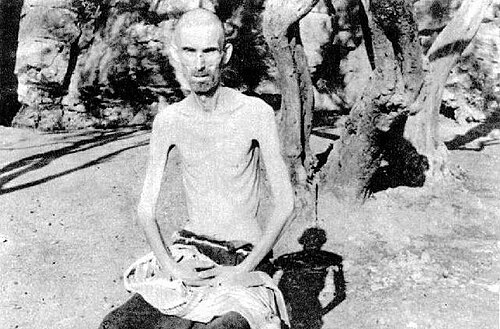Democracynoun
(uncountable) Rule by the people, especially as a form of government; either directly or through elected representatives (representative democracy).
Democracynoun
A government under the direct or representative rule of the people of its jurisdiction.
Democracynoun
(uncountable) Belief in political freedom and equality; the "spirit of democracy".
Democracynoun
Government by the people; a form of government in which the supreme power is retained and directly exercised by the people.
Democracynoun
Government by popular representation; a form of government in which the supreme power is retained by the people, but is indirectly exercised through a system of representation and delegated authority periodically renewed; a constitutional representative government; a republic.
Democracynoun
Collectively, the people, regarded as the source of government.
Democracynoun
The principles and policy of the Democratic party, so called.
Democracynoun
the political orientation of those who favor government by the people or by their elected representatives
Democracynoun
a political system in which the supreme power lies in a body of citizens who can elect people to represent them
Democracynoun
the doctrine that the numerical majority of an organized group can make decisions binding on the whole group
Democracy
Democracy (Greek: δημοκρατία, dēmokratiā, from dēmos 'people' and kratos 'rule') refers to a form of government in which the people either have the authority to choose their governing legislators, or the authority to decide on legislation. Who is considered part of the people and how authority is shared among or delegated by the people has changed over time and at different speeds in different countries, but more and more of the inhabitants of countries have generally been included.
Fascismnoun
(historical) A political regime, having totalitarian aspirations, ideologically based on a relationship between business and the centralized government, business-and-government control of the marketplace, repression of criticism or opposition, a leader cult and exalting the state and/or religion above individual rights.
Fascismnoun
(by extension) Any system of strong autocracy or oligarchy usually to the extent of bending and breaking the law, race-baiting and violence against largely unarmed populations.
Fascismnoun
a political theory advocating an authoritarian hierarchical government; - opposed to democracy and liberalism.
Fascismnoun
an authoritarian system of government under absolute control of a single dictator, allowing no political opposition, forcibly suppressing dissent, and rigidly controlling most industrial and economic activities. Such regimes usually try to achieve popularity by a strongly nationalistic appeal, often mixed with racism.
Fascismnoun
broadly, a tendency toward or support of a strongly authoritarian or dictatorial control of government or other organizations; - often used pejoratively in this sense.
Fascismnoun
a political theory advocating an authoritarian hierarchical government (as opposed to democracy or liberalism)
Fascismnoun
an authoritarian and nationalistic right-wing system of government and social organization.
Fascismnoun
(in general use) extreme authoritarian, oppressive, or intolerant views or practices
Fascism
Fascism () is a form of far-right, authoritarian ultranationalism characterized by dictatorial power, forcible suppression of opposition, and strong regimentation of society and of the economy, which came to prominence in early 20th-century Europe. The first fascist movements emerged in Italy during World War I, before spreading to other European countries.


































